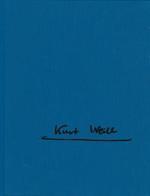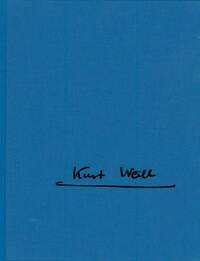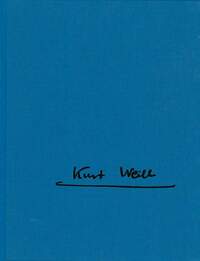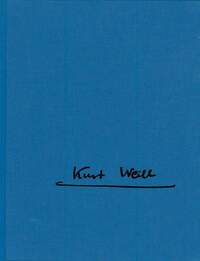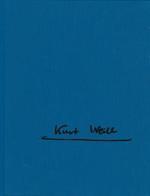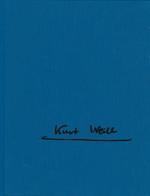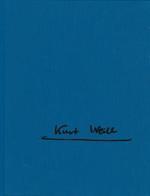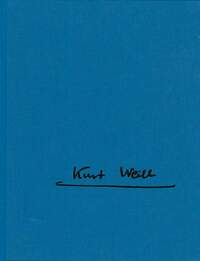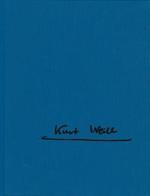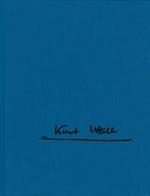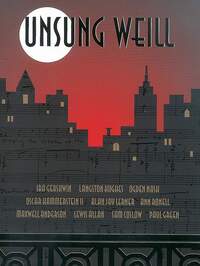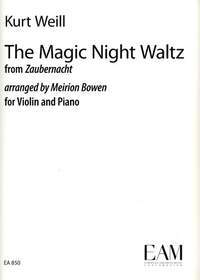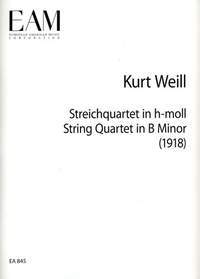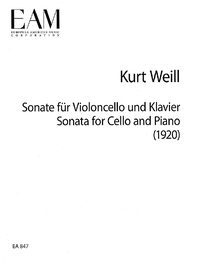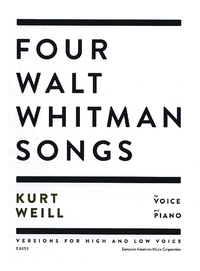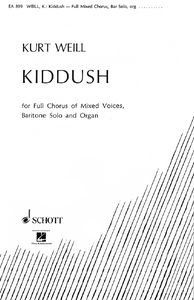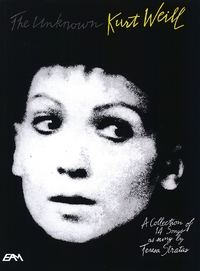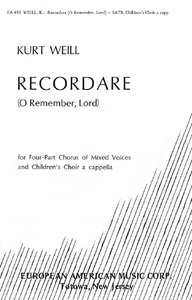Nous utilisons des cookies pour améliorer votre expérience. Pour nous conformer à la nouvelle directive sur la vie privée, nous devons demander votre consentement à l’utilisation de ces cookies. En savoir plus.
The Firebrand of Florence
Schott - EAN : 9780913574621
Édition papier
EAN : 9780913574621
Paru le : 13 juil. 2023
N.C.
Epuisé
Arrêt définitif de commercialisation
Notre engagement qualité
-
 Livraison gratuite
Livraison gratuite
en France sans minimum
de commande -
 Manquants maintenus
Manquants maintenus
en commande
automatiquement -
 Un interlocuteur
Un interlocuteur
unique pour toutes
vos commandes -
 Toutes les licences
Toutes les licences
numériques du marché
au tarif éditeur -
 Assistance téléphonique
Assistance téléphonique
personalisée sur le
numérique -
 Service client
Service client
Du Lundi au vendredi
de 9h à 18h
- EAN13 : 9780913574621
- Réf. éditeur : KWE 1018
- Collection : THE KURT WEILL
- Editeur : Schott
- Date Parution : 13 juil. 2023
- Disponibilite : Epuisé
- Barème de remise : NS
- Format : H:375 mm L:271 mm
- Poids : 8kg
- Interdit de retour : Retour interdit
- Résumé : First Ever Broadway Critical Edition: Kurt Weill’s and Ira Gershwin’s The Firebrand of Florence Edited by the music theorist and Broadway scholar Joel Galand (University of Rochester), the new publication finally makes available for the first time the complete score and libretto of one of Weill’s most expansive musical offerings. Published in two volumes with an accompanying critical report volume, The Firebrand of Florence constitutes the third publication in the Kurt Weill Edition, a collected critical edition of his completed works. After the original Broadway run in 1945 in a lavish spectacle produced by Max Gordon, The Firebrand of Florence disappeared into undeserved obscurity, despite the fact that the work boasted a score by Weill, lyrics by Gershwin, and a book by Edwin Justus Mayer, esteemed playwright and screenwriter for numerous films, including To Be or Not To Be. In the mid-1990s, highlights from Firebrand based on original source material were included in two recorded compilations of Weill’s Broadway music. But not until three recent presentations—a 1999 staged production at Ohio Light Opera and two concert versions in 2000 by the BBC Symphony Orchestra in London and by the Radio Symphony Orchestra Vienna—have contemporary audiences been able to experience this work in its entirety. These performances, which were based on a preliminary version of the now completed critical edition, played to critical acclaim and suggest a future for Firebrand beyond that of a curiosity for Broadway specialists. After The Firebrand of Florence closed, Weill moved on to other projects and left no further indication as to the form in which Firebrand might be transmitted for future use. Therefore, the editor was called upon to evaluate various sources illustrating the work’s collaborative evolution between its tryouts in Boston in 1945 and its subsequent staging on Broadway. Significant alterations in the form of cuts, reorchestrations, or reordering of musical sections, complicated the determination of which musical numbers should be included in the edition, and how. However, the critical report which accompanies the full score provides a comprehensive discussion of the existing sources, describes alternatives, and on the basis of the source evidence explains the editorial decision making process in concise prose.[A recording of the work from the BBC Symphony production under the direction of Sir Andrew Davis, featuring Rod Gilfry as Cellini, appeared in 2003 on the Capriccio label 60 091.]

